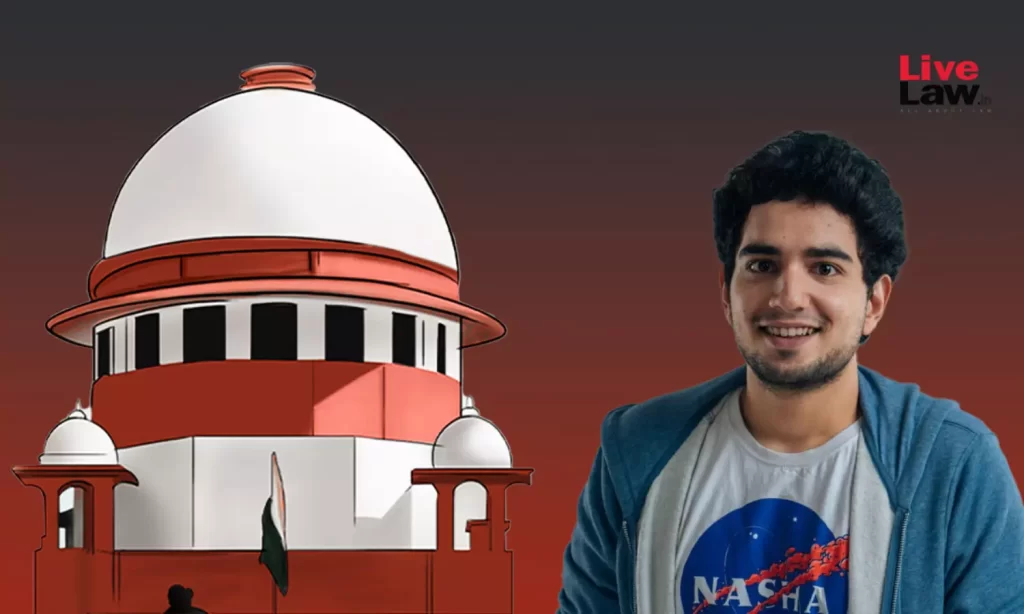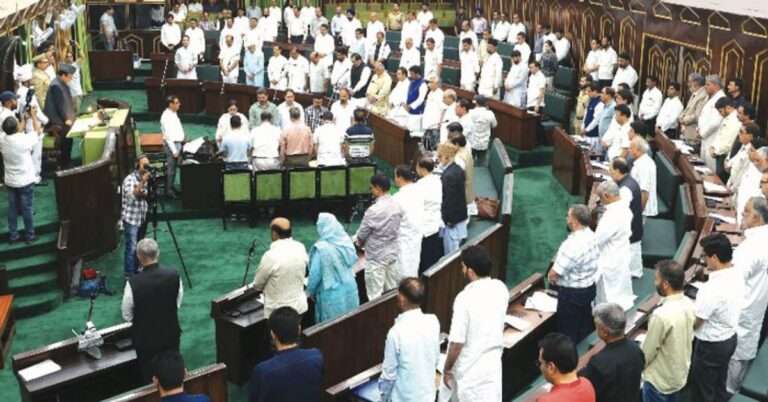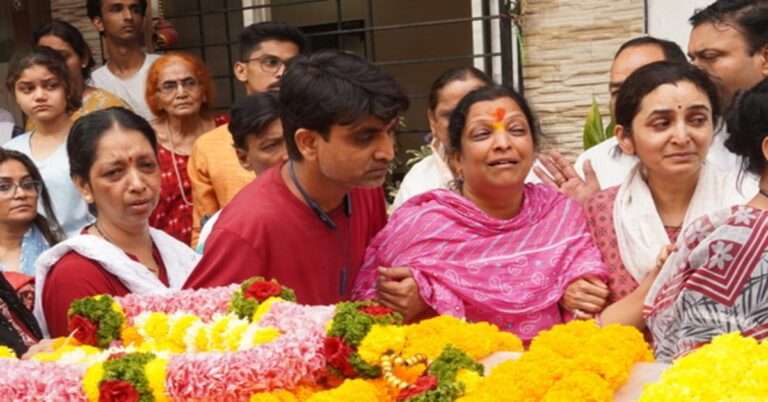
Supreme Court hears Cure SMA Foundation plea regarding Samay Raina's remarks on persons with disabilities
Title: Supreme Court Listens to Cure SMA Foundation’s Plea on Samay Raina’s Comments Regarding Persons with Disabilities
In a recent legal development, the Supreme Court has taken on the case of Cure SMA Foundation’s plea regarding controversial comments made by Samay Raina about persons with disabilities. The case has stirred up discussions about the rights and dignity of individuals with disabilities, sparking a debate on the importance of inclusivity and respect in society.
Samay Raina’s remarks have drawn widespread criticism, with many pointing out the harmful impact of ableist language and attitudes on people with disabilities. The Cure SMA Foundation’s plea seeks to hold Raina accountable for his words and to promote awareness about the challenges faced by individuals with disabilities in our society.
It is crucial for us to understand the implications of such comments and the broader issue of ableism. Ableism refers to discrimination and prejudice against individuals with disabilities, often manifesting in stereotypes, exclusion, and marginalization. By addressing ableism, we can create a more inclusive and equitable society where everyone is valued and respected.
The Supreme Court’s decision to hear the Cure SMA Foundation’s plea highlights the importance of upholding the rights of persons with disabilities and combating discrimination in all its forms. This case serves as a reminder of the need to promote empathy, understanding, and acceptance towards individuals with disabilities, ensuring their full participation in society.
As we delve deeper into this case, let’s explore the key issues at play and reflect on the broader implications of ableism in our society. By raising awareness and fostering a culture of inclusivity, we can work towards a more just and equitable world for all individuals.
Understanding Ableism: Breaking Down Stereotypes and Prejudices
At the heart of the Cure SMA Foundation’s plea is the issue of ableism and the harmful impact of discriminatory attitudes towards individuals with disabilities. Ableism manifests in various forms, from inaccessible environments to negative stereotypes that perpetuate discrimination and exclusion.
Society often defines disability through a narrow lens, focusing on limitations rather than capabilities. This narrow perspective can result in individuals with disabilities being marginalized and undervalued, depriving them of opportunities and equal treatment. By challenging these stereotypes and prejudices, we can create a more inclusive and accepting society for all.
Ableism not only affects individuals with disabilities but also shapes societal attitudes and behaviors towards them. It can lead to the perpetuation of harmful stereotypes, such as viewing people with disabilities as less capable or deserving of respect. By confronting ableism and promoting disability rights, we can break down barriers and create a more equitable and compassionate society.
The Cure SMA Foundation’s plea serves as a call to action to address ableism and promote a culture of inclusivity and respect towards individuals with disabilities. By raising awareness and challenging discriminatory attitudes, we can create a more just and equitable world for all individuals, regardless of their abilities.
The Importance of Language: Choosing Words Wisely
Central to the issue of ableism is the impact of language on perceptions and attitudes towards individuals with disabilities. Language plays a crucial role in shaping how we view and interact with others, influencing our beliefs and behaviors towards them.
When discussing disability, it is essential to use respectful and inclusive language that acknowledges the dignity and autonomy of individuals with disabilities. Using person-first language, which emphasizes the person before the disability, can help to shift the focus from limitations to capabilities, promoting a positive and affirming view of disability.
On the other hand, ableist language, such as derogatory terms or dismissive remarks, can perpetuate harmful stereotypes and reinforce negative attitudes towards individuals with disabilities. By choosing our words carefully and thoughtfully, we can create a more inclusive and welcoming environment for all.
In the case of Samay Raina’s remarks, it is crucial to recognize the impact of ableist language and the need to hold individuals accountable for their words and actions. By promoting awareness and education about the power of language, we can work towards a more respectful and inclusive society for individuals with disabilities.
The Supreme Court’s Role: Upholding Justice and Equality
The Supreme Court’s decision to hear the Cure SMA Foundation’s plea reflects the importance of upholding justice and equality for all individuals, including those with disabilities. The court serves as a crucial institution in safeguarding the rights and dignity of all citizens, ensuring that no one is discriminated against or marginalized.
By addressing the issue of ableism and promoting awareness about the challenges faced by individuals with disabilities, the Supreme Court can send a powerful message about the importance of inclusivity and respect in society. The court’s decision to take on this case underscores its commitment to upholding the principles of justice, equality, and human rights for all individuals.
In conclusion, the Cure SMA Foundation’s plea before the Supreme Court highlights the need to address ableism and promote a culture of inclusivity and respect towards individuals with disabilities. By raising awareness, challenging stereotypes, and advocating for disability rights, we can create a more just and equitable society for all. Let us work together to build a world where everyone is valued, respected, and included, regardless of their abilities.




